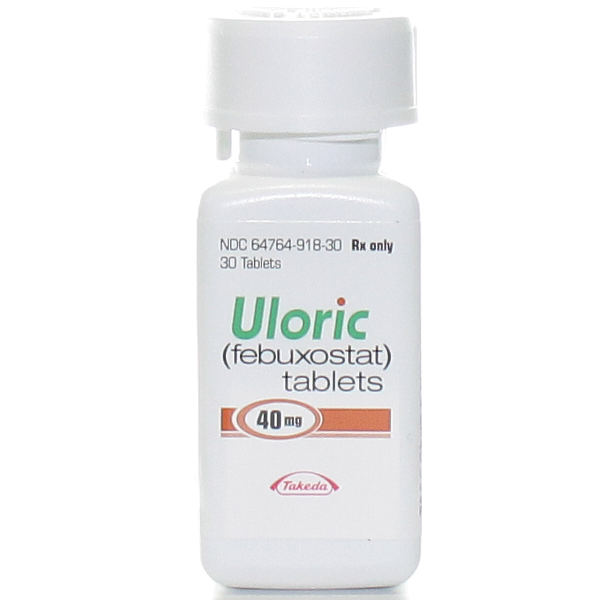Uloric
A xanthine oxidase inhibitor called Uloric (febuxostat) is used to treat gout. There are both brand-name and generic versions of uloric. Uloric is a brand name. There is also an oral suspension of uloric. Drugs that are generic typically cost less. Users of Welzo can use this article for informational purposes to better understand Uloric.

